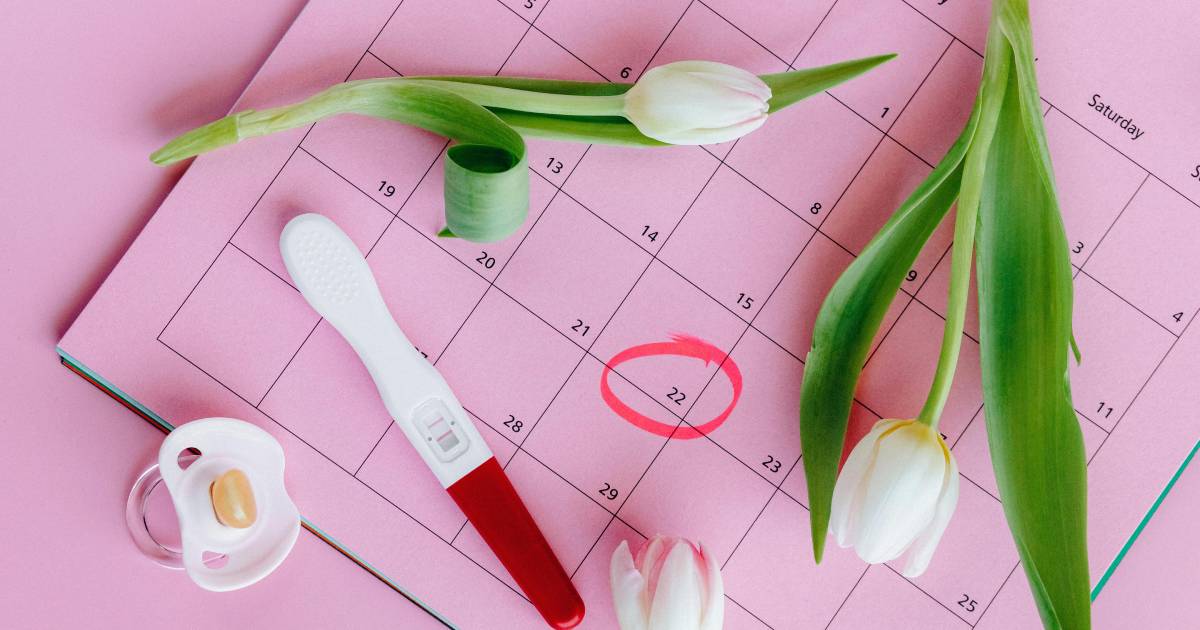Published date
Written by
Pregnancy in your 30s has become more common in recent decades, with many women choosing to focus on their careers, personal growth, and financial stability before starting a family.
While this decision offers several advantages, it also comes with unique challenges.
From biological factors to societal expectations, navigating pregnancy at this age requires awareness, preparation, and resilience.
Let's dive into the key challenges women face when trying to conceive in their 30s and how to overcome them.
What makes pregnancy at 30 challenging?
1. Declining fertility rates
Biologically, women are born with a finite number of eggs, and both the quantity and quality of these eggs decline with age.
By the time a woman reaches her 30s, particularly after 35, her chances of natural conception gradually decrease. This doesn't mean pregnancy is impossible; it simply means conception may take longer.
Solution: Consulting a fertility specialist early can help assess ovarian reserve and provide tailored advice. Maintaining a healthy lifestyle, avoiding smoking, and managing stress can also support fertility.
2. Increased risk of pregnancy complications
Women in their 30s face a slightly higher risk of complications such as gestational diabetes, high blood pressure, and preeclampsia. The likelihood of chromosomal abnormalities, such as Down syndrome, also increases.
Solution: Regular prenatal care and early screening tests are essential. A balanced diet, exercise, and adequate rest can help mitigate these risks and ensure a smoother pregnancy.
3. Balancing time and expectations
For many women in their 30s, juggling career goals, personal aspirations, and the desire to start a family can be overwhelming. Societal expectations or pressure from family can add to the stress, making the journey to motherhood emotionally taxing.
Solution: Open communication with your partner and setting realistic timelines can ease this pressure. Seeking support from a counsellor or therapist can help manage emotions and reduce anxiety.
4. Navigating fertility treatments
For those struggling to conceive naturally, fertility treatments like in vitro fertilisation (IVF) or intrauterine insemination (IUI) are options, but they can be physically, emotionally, and financially demanding.
Solution: Educating yourself about treatment options, success rates, and potential outcomes can prepare you for the journey. Joining support groups can also provide emotional support and valuable insights from others who've experienced similar challenges.
5. Dealing with the 'biological clock' narrative
Society often perpetuates the idea of a "biological clock," which can cause unnecessary anxiety for women in their 30s. While it's true that fertility decreases with age, this narrative can lead to undue stress and a sense of urgency.
Solution: Focus on what's within your control, such as staying informed and seeking professional guidance. Remember, every woman's journey is unique.
How to increase your chances of getting pregnant at 30
Here are some tips to improve your chances of getting pregnant in your 30s:
1. Prioritise preconception health
Schedule a preconception checkup with your healthcare provider to assess your overall health and discuss any existing conditions that might affect fertility.
Take prenatal vitamins with folic acid to prepare your body for pregnancy.

2. Track ovulation
Use ovulation predictor kits or fertility tracking apps to identify your most fertile days.
Monitor signs of ovulation, such as basal body temperature and changes in cervical mucus.
3. Maintain a healthy lifestyle
Diet: Eat a balanced diet rich in fruits, vegetables, lean proteins, and whole grains. Include fertility-boosting foods like leafy greens, nuts, and fish high in omega-3s.
Exercise: Engage in moderate physical activity to maintain a healthy weight, as being underweight or overweight can affect fertility.

4. Minimise stress
High stress levels can disrupt ovulation, so practise stress-reducing techniques like yoga, meditation, or mindfulness.
5. Avoid smoking and excessive alcohol
Smoking and heavy alcohol consumption can reduce fertility and increase the risk of complications during pregnancy.
6. Limit caffeine
Keep caffeine intake below 200 mg per day (about one to two cups of coffee) to avoid potential negative effects on fertility.
7. Don't delay seeking help
If you've been trying to conceive for over six months without success, consider consulting a fertility specialist. Early intervention can improve outcomes.
8. Keep your partner healthy, too
Male fertility also declines with age, so encourage your partner to maintain a healthy diet, avoid smoking, and minimise alcohol consumption.
9. Stay patient and positive
Conception can take time, even in ideal conditions. Stay positive and seek emotional support if needed during the journey.
Pregnancy at 30 comes with its share of challenges, but it's important to remember that millions of women successfully embark on this journey every year.

With advancements in medicine, support from loved ones, and a proactive approach to health, the path to parenthood can be as fulfilling as it is exciting.
By understanding and addressing these challenges, you can empower yourself to make informed decisions and embrace the experience with confidence and optimism.
[[nid:707911]]
